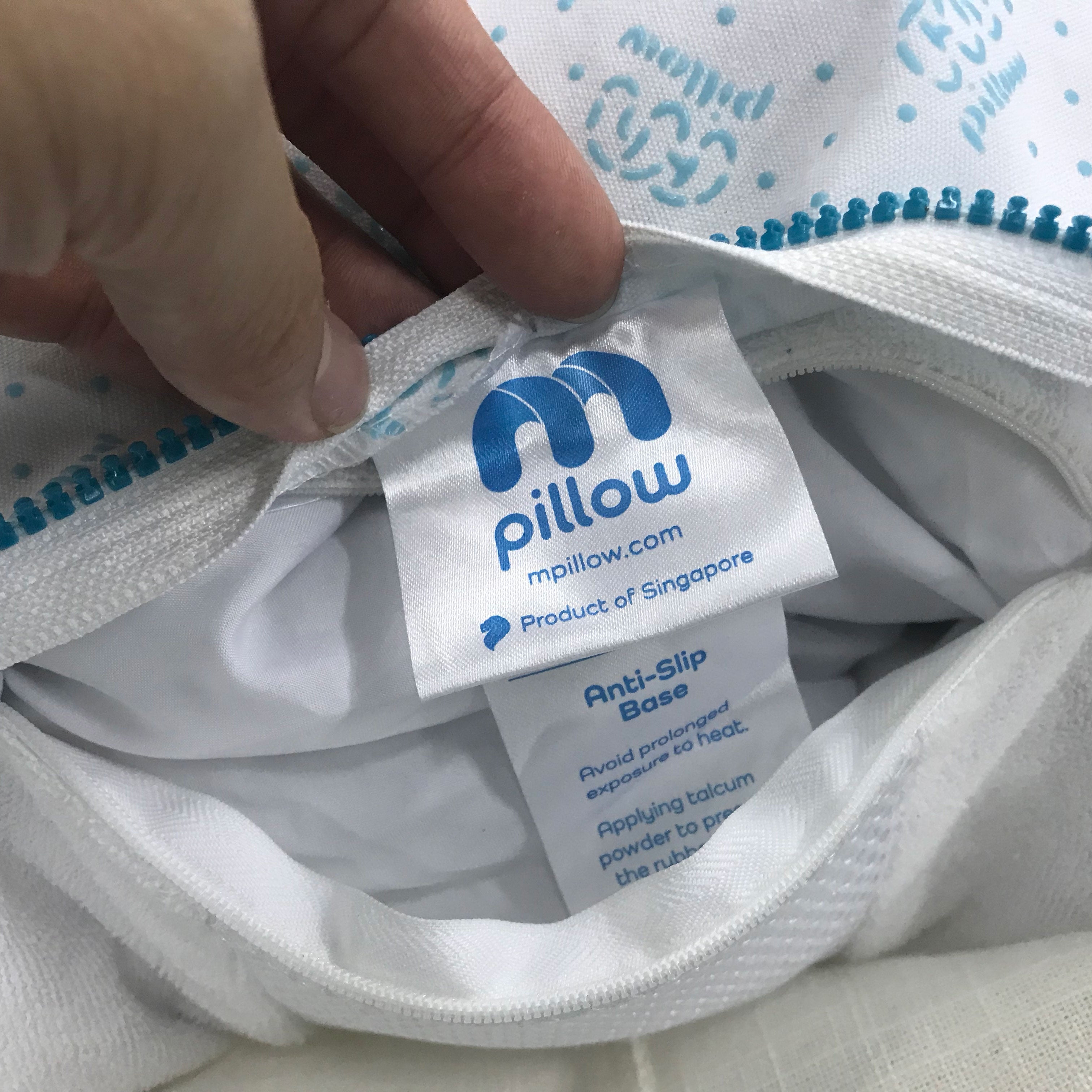
Hygiene and Sleep: How to Keep Your Sleep Environment Clean
A clean sleep environment is crucial for quality rest and overall well-being. Neglecting sleep hygiene can lead to discomfort and even health issues. Here are some essential tips to maintain a clean and healthy sleep space:
1. Wash Bedding Regularly: Sheets, pillowcases, and duvet covers should be washed weekly. Bed linens can accumulate sweat, dead skin cells, and dust mites, which can disrupt your sleep and trigger allergies.
2. Vacuum and Dust: Regularly vacuum and dust your bedroom to reduce allergens and keep the air clean. Pay extra attention to areas under the bed and any upholstered furniture.
3. Replace Pillows: Pillows collect dust mites and allergens over time. Replace your pillows every 1-2 years, or as recommended by the manufacturer, to ensure they provide adequate support and remain hygienic.
4. Clean Your Mattress: Vacuum and spot-clean your mattress to remove dust and stains. Consider using a mattress protector to prevent spills and allergen buildup.
5. Control Humidity: Maintain proper humidity levels in your bedroom to prevent mold growth. A dehumidifier can help keep moisture in check.
6. Ventilate the Room: Ensure good airflow by opening windows regularly, especially in the morning. Fresh air can help reduce odors and promote better sleep.
7. Wash Stuffed Animals: If you have stuffed animals or decorative pillows on your bed, wash them periodically to remove dust and allergens.
8. Keep Pets Out: If you have pets, consider keeping them out of the bedroom. Pets can bring in dirt, allergens, and disrupt your sleep.
A clean sleep environment promotes better sleep quality and overall health. By following these hygiene tips, you can create a sleep sanctuary that enhances your well-being and ensures restful nights.
